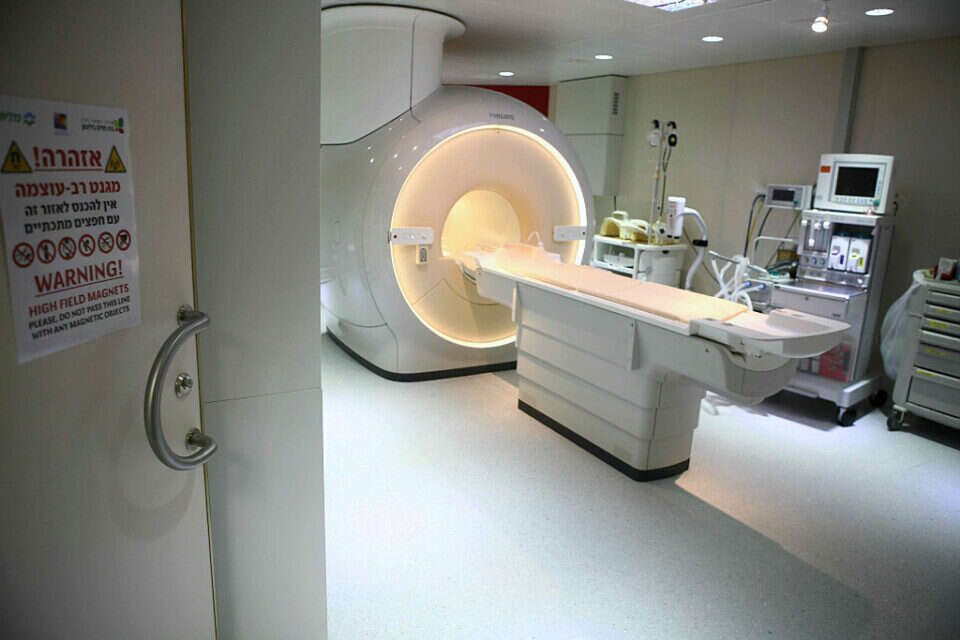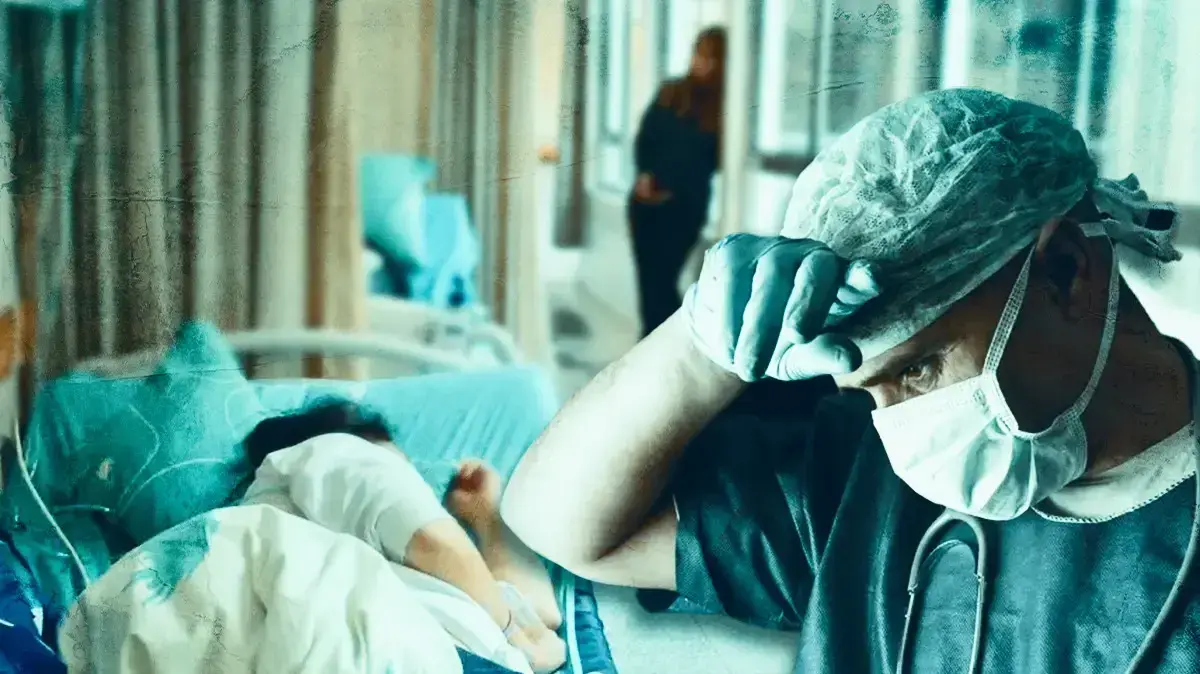The Knesset members of the Health Committee refused to approve regulations for the addition of MRI devices and CT devices, pressure chambers and surgical robots, until the Ministry of Health does not specify which areas in the country the devices will be added to.
The Ministry of Health and the Ministry of Finance want to approve the addition of 9 more MRI machines and 13 CT machines, the addition of 4 pressure chambers and two robots for Da Vinci surgeries.
The members of the health committee wanted to make sure that the addition of the devices was intended for the periphery and that there was a division between the need to add devices for both hospitals and community clinics, but the Ministry of Health claimed that they could not say where the devices were intended.
Health Minister Nitzan Horowitz, who was present at the hearing, explained "We are working on it now. It is impossible to determine until all the applications have been considered. Applications have been submitted for years. It is not legally possible to say where the devices are going before there is approval to add."
MK Ofir Katz replied: "I welcome any device for the benefit of the citizens who are waiting.
You want to exclude us.
You say first approve and then we will bring the list.
We as MKs receive inquiries from people who have been waiting 7 and 8 months. "
MK Idit Silman, chairwoman of the committee: "The question arises as to why they do not bring the details of the devices. Where are the devices going?" "The periphery and in fact to update the existing device regulations in the current version do not allow the operation of additional devices. The data can not reach the committee on the day of approval of the regulations; we must the public - we will study and examine the distribution of devices
Gaps between the center and the periphery
Data presented by the committee show that there are significant differences in waiting times for life-saving tests, but not always to the detriment of the periphery: The longest waiting time for an MRI neurology test is in the Ramla area (130 days on average), followed by the Ashkelon area (93 days on average), Tel Aviv (77 Days on average), Safed (71 days on average) and the Beer Sheva sub-district (69 days on average).
The shortest waiting time is in the Kinneret area (7 days of waiting), Acre (12) and Rehovot (15), according to data presented today by the Ministry of Health during the hearing.
The longest waiting time for a CT scan is in the Hadera sub-district (45 days on average), the Haifa sub-district (24 days on average) and the Rehovot sub-district (19 days on average).
At the same time, MK Ofir Katz claimed that the data were incorrect, and that at Haemek Hospital he was told to wait two and a half months.
The committee members asked if one of the two surgical robots was intended for the hospital in Nahariya, which, as we revealed in Israel Today, purchased a robot with its own money, but did not receive a license to operate it and only after articles and a struggle in the Knesset received an operating permit.
This is while many other hospitals operate a licensed surgical robot.
The committee's chairman, MK Silman, wanted to make sure that the devices are a new addition and not a "bleaching" of devices that already exist.
But did not receive an answer.
Edith Silman and Nitzan Horowitz in the Health Committee, Photo: Oren Ben Hakon
Horowitz: "This is the first time since 2018 that there is an addition of devices. It comes to answer a long distress in queues and long waiting times that we want to address. It is not only a matter of devices but also manpower. But devices should be and how many years there was no device addition. The ministry reached these regulations after lengthy and lengthy negotiations with the Ministry of Finance.
These regulations are in a big line we get hundreds of justified and correct and worthy requests.
At the end there is a lid and we have to stand on it.
The Ministry of Health makes placements according to professional criteria.
Takes into account waiting times, availability, other devices in the area.
Community or hospital.
The citizens of Israel will receive the best treatment as a result of this addition. "
Were we wrong?
Fixed!
If you found an error in the article, we'll be happy for you to share it with us









